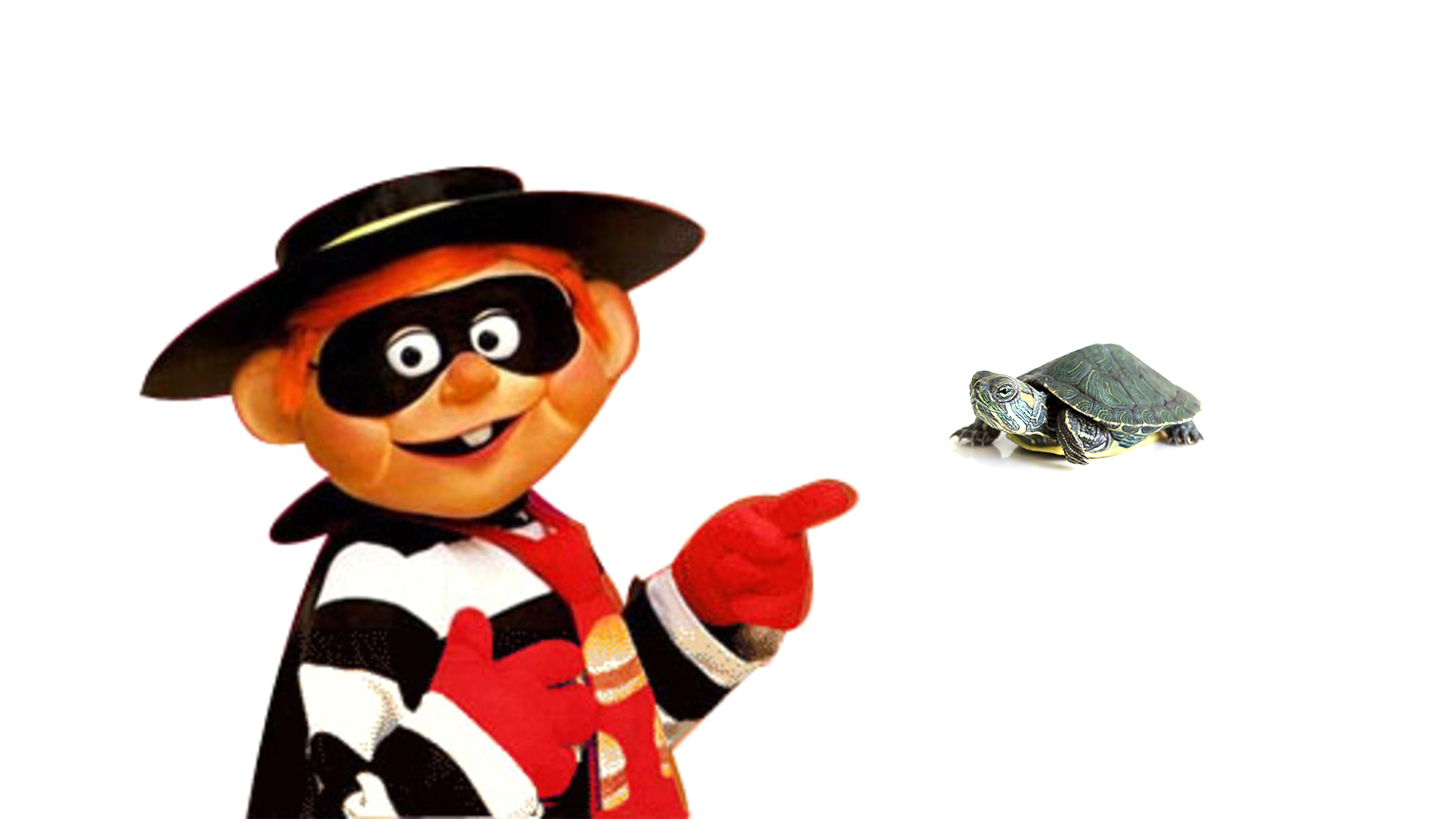Smugglers Hid Rare Turtles In Candy Wrappers, Put Them In Boxes Marked 'snacks'
On Wednesday, in Columbia, South Carolina, four men pled guilty to charges that stem from their involvement with an international wildlife smuggling ring. Their method, as the Greenville News reports: wrap rare turtles in candy wrappers (or socks) and put them in boxes labelled 'snacks.'
Earlier this summer, their accused ringleader, Steven Verren Baker, entered a guilty plea and began cooperating with prosecutors. One of the men pleading guilty this week is accused of shipping the turtles, while the other two either received the turtles, or received turtle-related money. The turtles were bought and sold on the black market in both South Carolina and Hong Kong.
All four could be sentenced to as many as five years in prison, and could be forced to pay $250,000 fees.
Once again, this is how these men ran their nefarious rare turtle-smuggling ring:
The smuggling operation involved wrapping rare turtles in socks or candy paper, then putting them in shipping containers and labeling the boxes as snacks in an effort to avoid detection. Turtles traded between Hong Kong and the United States were valued at an estimated $400,000 on the black market, but possibly were worth more, prosecutors said Wednesday. The illegal trading, which occurred in 2016, was coordinated through the use of Facebook, federal lawyers said.
The turtles shipped to the U.S., presumably disguised as Clark Bars, included "the big-headed turtle, an Asian reptile with a ferocious bite." The U.S. turtles sent overseas included the Eastern box turtle and the flattened musk turtle, which the Greenville News notes is "one of North America's smallest and rarest turtles."
Baker earned more than $100,000 in one year through the illegal trade in turtles, which again, involved taking the little guys and putting them in old Twizzlers wrappers or Thin Mint boxes, then putting all that in big boxes they then labelled as snacks.
